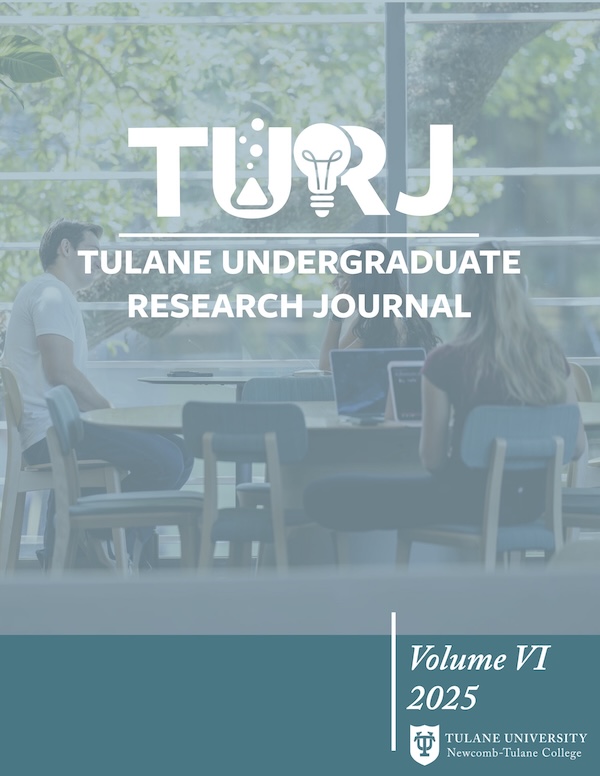Swipe Right, Feel Wrong? Examining The Effects of Dating App Usage on Psychological Well-Being at a Predominantly White Institution
Abstract
The goal of this thesis is to explore the potential relationship between swipe-based dating app usage and psychological well-being among college students at a predominantly White institution (PWI), with a specific focus on how race may influence this relationship. We hypothesized that dating app usage would be negatively correlated with self-esteem and well-being while positively correlated with loneliness. Additionally, race was examined as a moderating variable, predicting that students of color that used dating apps would experience more negative well-being outcomes than their White peers. Using survey data from undergraduate students (N = 385), analyses revealed a small but statistically significant negative association between dating app usage and psychological well-being. It was found that race moderated the relationship between dating app usage and loneliness such that students of color reported lower loneliness scores relative to White students. These findings contribute to the growing literature on online dating and psychological well-being, suggesting that while dating app usage may have modest associations with well-being, racial identity plays a complex role in shaping these experiences at PWIs. Future research should explore the underlying mechanisms driving these effects and consider additional demographic and psychological factors influencing dating app engagement.
Downloads
Downloads
Published
Issue
Section
License
Copyright (c) 2025 Joseph Benefiel, Adnah Haid

This work is licensed under a Creative Commons Attribution-NonCommercial-NoDerivatives 4.0 International License.
Tulane Undergraduate Research Journal is an open-access journal, so articles will be released under a Creative Commons Attribution-Noncommercial-NoDerivs CC-BY-NC-ND 3.0 Unported license, allowing the free dissemination of the work for noncommercial purposes. Authors retain copyright to the work and grant the journal right of first publication with the work simultaneously licensed under the Creative CommonsAttribution-NonCommercial-NoDerivs 3.0 Unported (CC BY-NC-ND 3.0) [see http://creativecommons.org/licenses/by-nc-nd/3.0/legalcode]; authors further grant the journal a waiver of clause 4(b) [restriction against commercial advantage or private monetary compensation]. If the journal rejects the work, the journal simultaneously waives the granted right of first publication.



